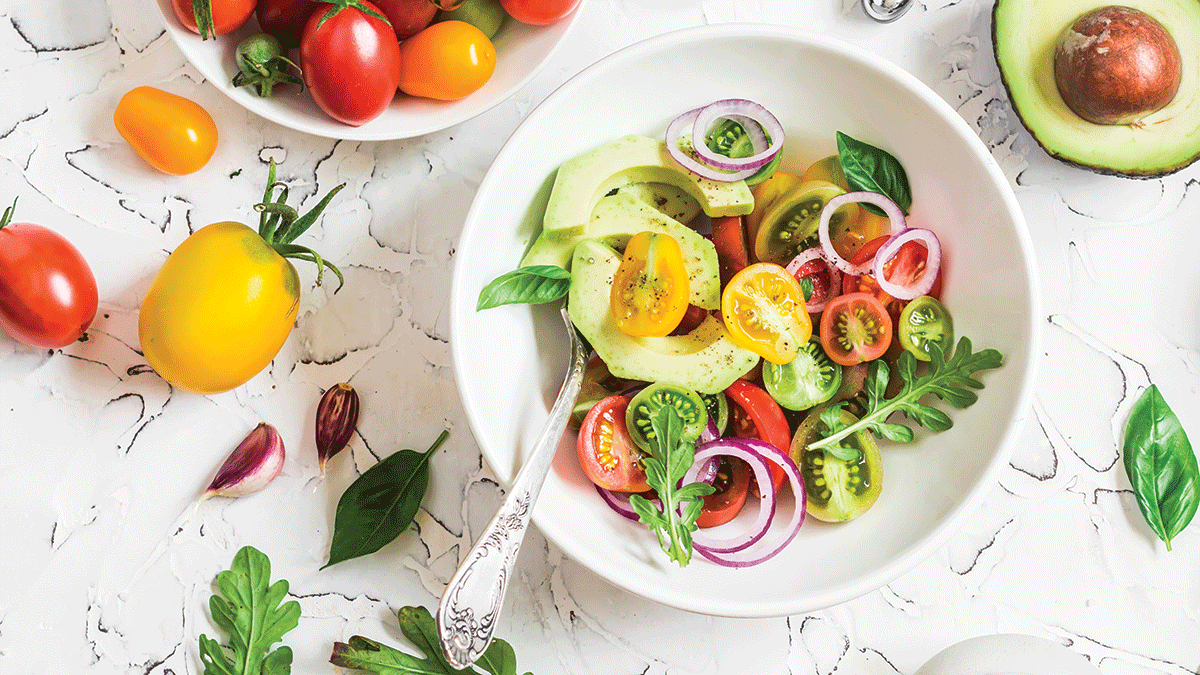
How does your diet effect your risk of developing breast cancer?
Are you unsure whether or not diet affects breast cancer? The truth is, there aren’t many solid answers when it comes to how diet and breast cancer risk work, says Pauline Wisdom-Gilliam, a registered dietitian at the Odette Cancer Centre at Sunnybrook Health Sciences Centre in Toronto.
“There’s no definitive research to show that specific foods increase your risk of developing breast cancer,” she explains.
However, there is a connection between alcohol and your risk of breast cancer, which is why she recommends that women drink no more than one glass of alcohol a day. And, though it hasn’t been proven yet, she says that some research shows that higher insulin levels may put people at greater risk of developing breast cancer.
It’s still in its early days on that point, but she encourages people to avoid sugary drinks and be mindful of added sugars.
As for foods that are protective against breast cancer, Wisdom-Gilliam says that soybeans and flaxseed – both of which contain phytoestrogens – may help lower your risk. Especially in young women whose breasts are still developing.
Why you should tweak your diet
While there may not be many foods that target breast cancer, there are ways to tweak your diet to potentially reduce your overall cancer risk. But where to start?
Focus on eating mostly plant-based foods and as many different types of them as possible. Try out a rainbow of fruits and veggies, give different whole grains a whirl, and expand your repertoire of legumes.
“There’s protection in variety,” she explains. You’re more likely to cover your bases in terms of nutrients and cancer-fighting phytonutrients by eating many types of these foods in their whole form. Why whole? Many beneficial compounds are thought to be prevalent in the skins of fruit.
Wisdom-Gilliam also suggests limiting red meat (beef, veal, pork and lamb) to no more than 18 ounces a week and avoiding processed meats altogether. Proteins like fish and poultry are fine, but she recommends trying to have at least two vegetarian meals each week.
If you’re ready, here’s several days’ worth of eating tips that may protect you from developing breast cancer.
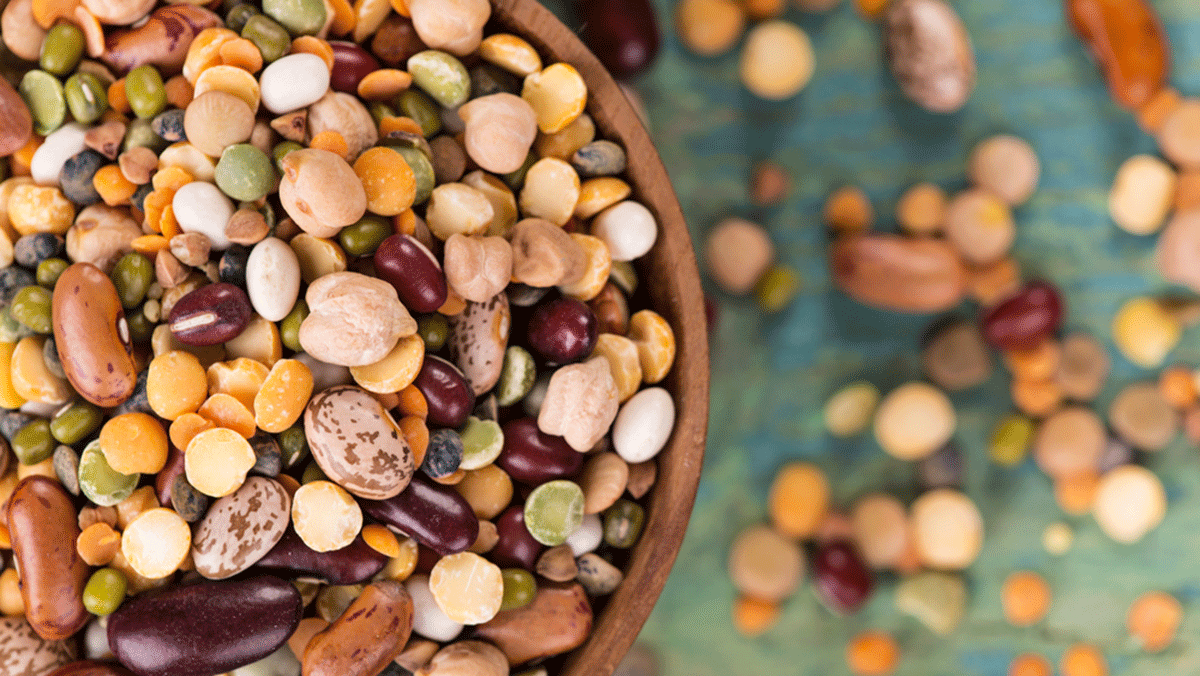
Soy central
Soy has gotten a bad rap for being linked to breast cancer. But research shows that it may help to protect us.
If soy isn’t usually part of your diet, try to get more of this potentially protective food into your meals. Add steamed edamame to your menu as a starter, make a salad that features these bright green legumes or, for breakfast, consider a tofu scramble.
You can even make dessert with tofu — think smoothies, puddings and cakes.
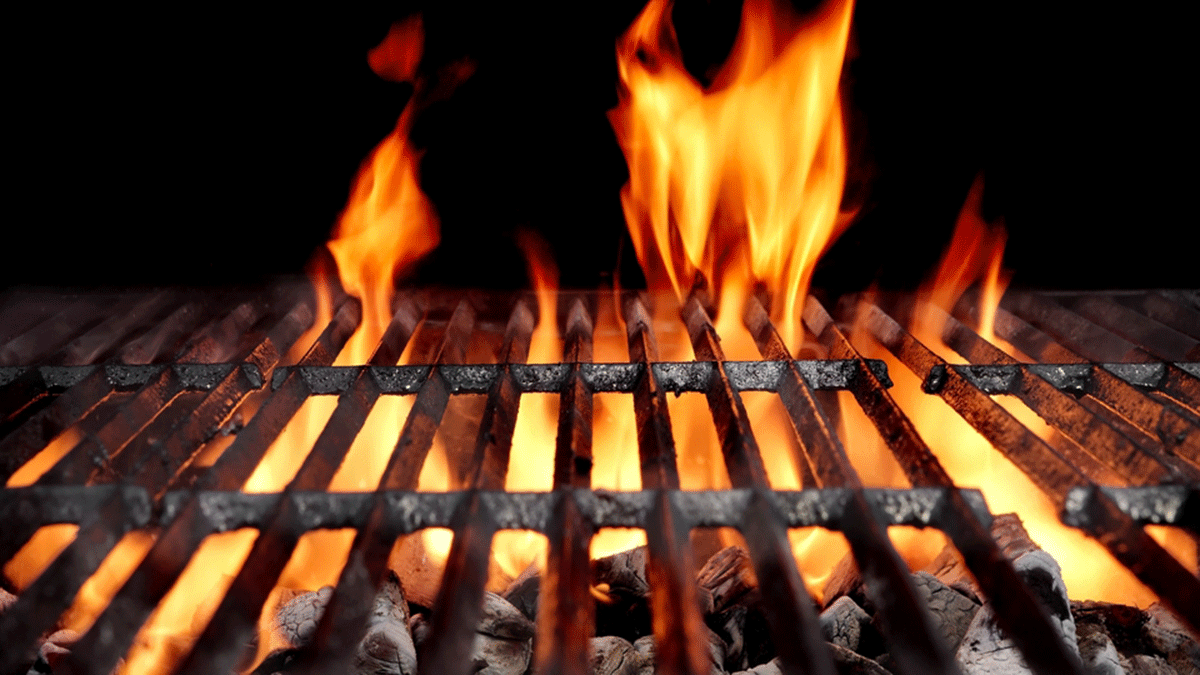
Watch the heat
The way you prepare foods may have an impact on your risk of cancer. “There’s a possibility that meat cooked at high temperatures, such as grilling, can form potential cancer-causing compounds,” says Wisdom-Gilliam.
“Polycyclic aromatic hydrocarbons [PAHs] are found in the smoke and adhere to the meat.”
And then there are heterocyclic amines (HCAs), which form when meat proteins react to intense heat on the grill, she says.
To get around this, marinate your meat ahead of cooking, which may stop it from charring, or precook your meat so that it spends less time on the grill.
Any type of marinade will help, but citrus marinades are particularly good because they contain antioxidants that may block those compounds from forming.
Also, think about what your protein and other nutrient-dense options are beyond red meat, including fish, chicken, veggies and fruit.
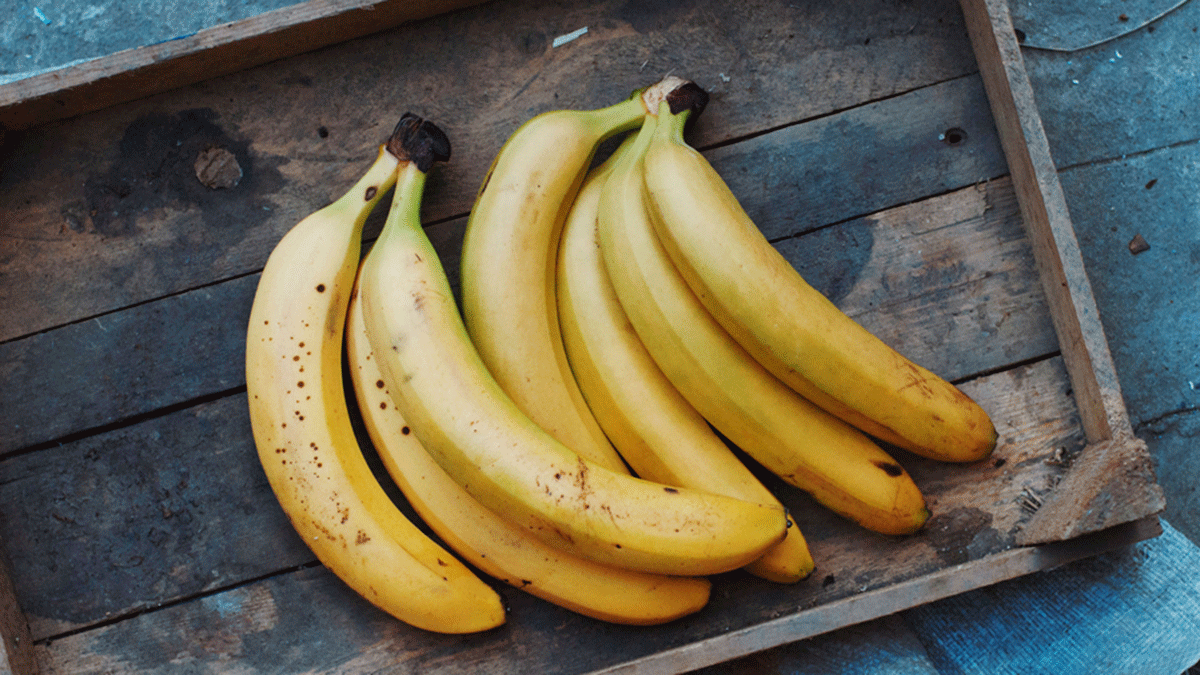
Curb your cravings
Since there’s a chance that added sugars may increase your risk of breast cancer, find a replacement for your sweet fave. One classic swap for ice cream is to blend frozen bananas with berries, peanut butter or cocoa powder, if you’re craving chocolate.
While fruit contains natural sugars, Wisdom-Gilliam says that there’s no need to avoid it. In fact, she suggests eating a wide variety of fruit.
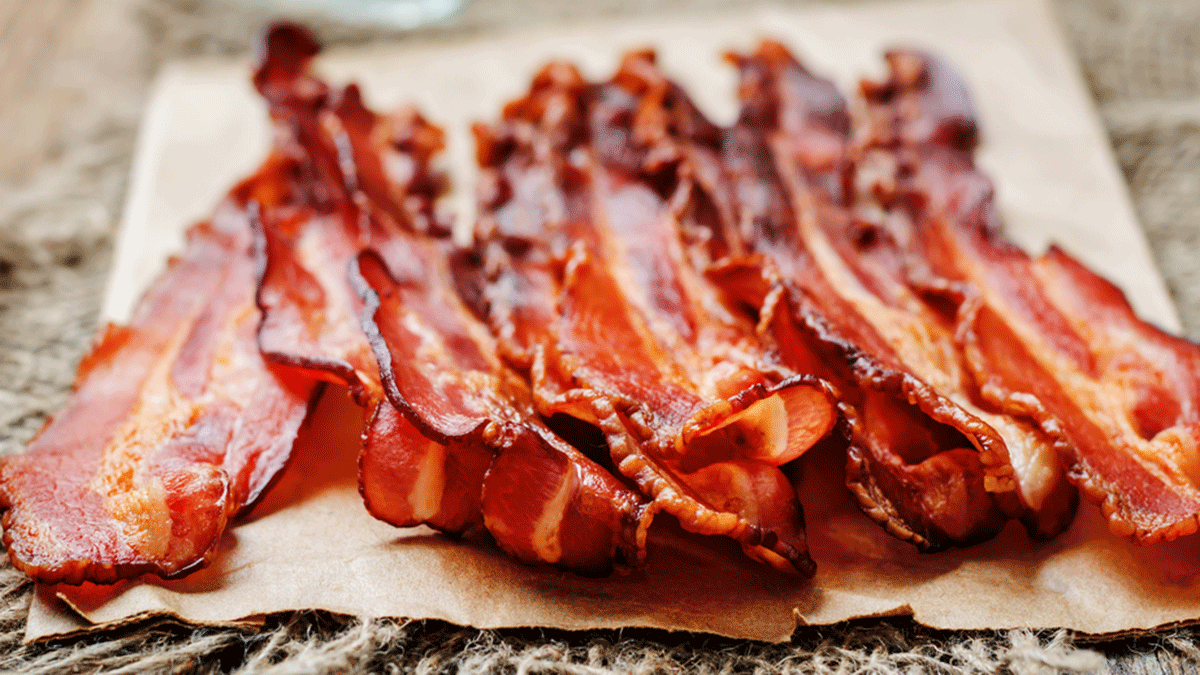
Avoid processed meat
Avoiding processed meat is recommended as a way to reduce your risk of cancer, but that doesn’t mean that the occasional slice of bacon or salami is off the table, saysWisdom-Gilliam. It’s about balance.
“If you’re having a hot dog and you combine it with a great salad, you’re going to get lots of other vitamins, minerals and anti-cancer compounds,” she says. “In a sense, that’s protective when you’re having a hot dog at the ballgame or at your family barbecue.”
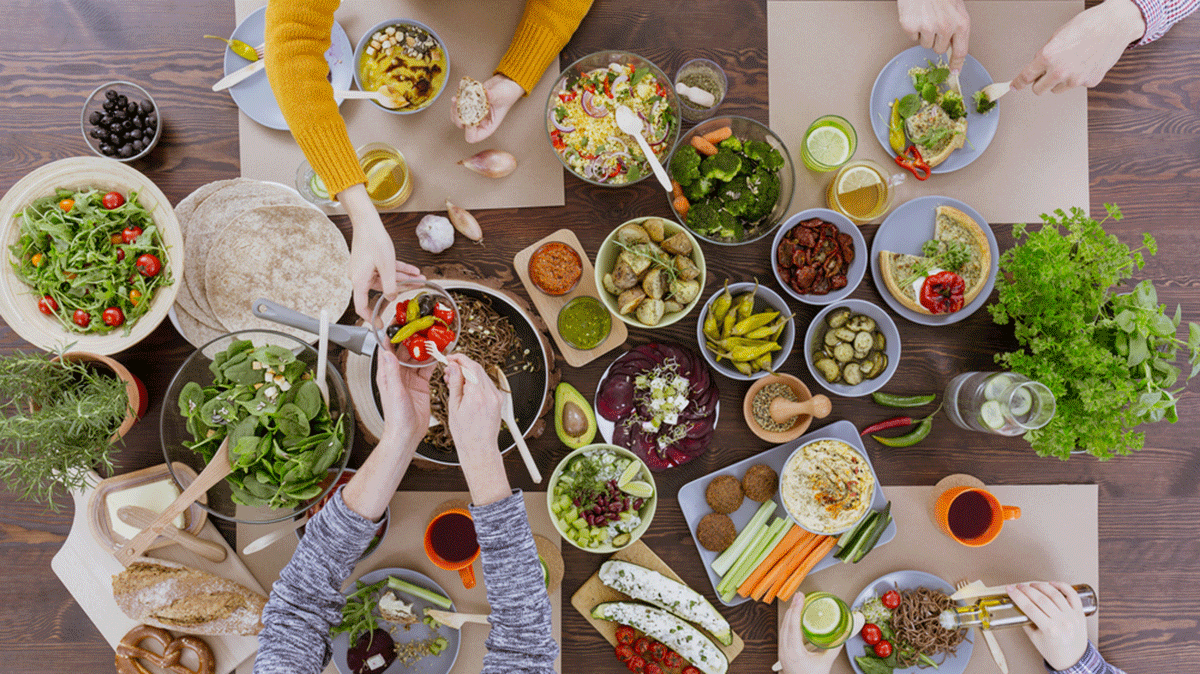
Make healthier food swaps
To incorporate more vegetarian meals into your weekly plan while reducing your red meat consumption, look for new proteins and whole-grain dishes.
Instead of a pot roast for supper, consider making a nut roast. Or try pulled chicken in place of pulled pork. Quinoa is very versatile and can be used to bulk up a number of dishes, including chilis and salads.
You can also make meatballs with ground turkey or add white beans to top off your favourite pasta.
